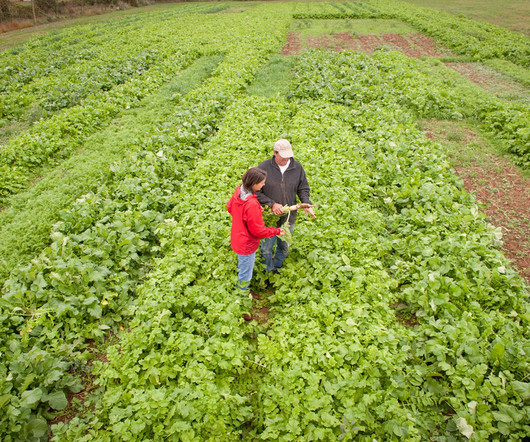Changing How We Farm Might Protect Wild Mammals—and Fight Climate Change
Civil Eats
MAY 6, 2024
First of all, farmland reduces mammals’ natural habitats and diminishes their ability to find shelter as well as food and prey, explained Koen Kuipers, a researcher at Radboud University in the Netherlands. Runoff from U.S. farms is also a main source of pollution for rivers, lakes, and wetlands.









Let's personalize your content